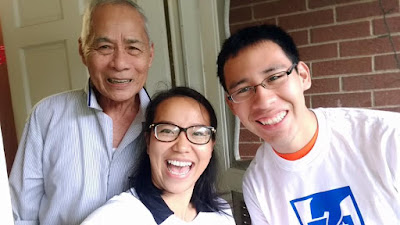By Norman Cervantes
Write up for The Fence
I really liked the movie, The Fence, because it informs the viewer about the fence running along the US and Mexican border and how it has impacted life in the surrounding area and. One of the very first things I noticed about the fence is that it is very ineffective, costly, and poorly thought out. According to the movie, the flow of drugs and undocumented individuals into the states has not decreased at all. Moreover, the poorly thought out fence is very expensive as it costs about $1.8 million per mile and the lack of consistency in its’ construction is a jarring sore to one’s eyes with its many gaps and varying heights along the border. In my honest opinion, the wall is such a waste of taxpayer’s money and is the farthest thing from being an effective means of winning the war against “drugs”, “terrorists”, “illegals”, etc. However, the fence also has other effects that are not related necessarily to “national security”.
The environment and the lives of migrants have been affected as well. Since 1995, the rate of deaths for migrants trying to cross the border has risen sharply resulting with the death of about 300 migrants yearly. Moreover, the Minutemen that patrol the border often lack feelings of humanity towards the migrants as they often “hunt” them down with the aid of Border Patrol. If this wasn’t enough loss of life, animals are affected by it as well. Certain parts of the fence have cut through national animal refuges which disturb the natural environment of animals cutting access to food and water. Other environmental issues include inundations along border towns and access to clean water.
Overall, the construction of the fence has only added permanence to the unfounded hatred towards immigrants which has only fueled construction of the fence in the first place. Only time will tell if our future president will decide to revitalize the Border Fence Act of 2006.





















